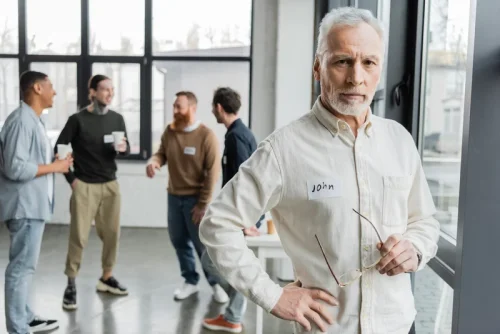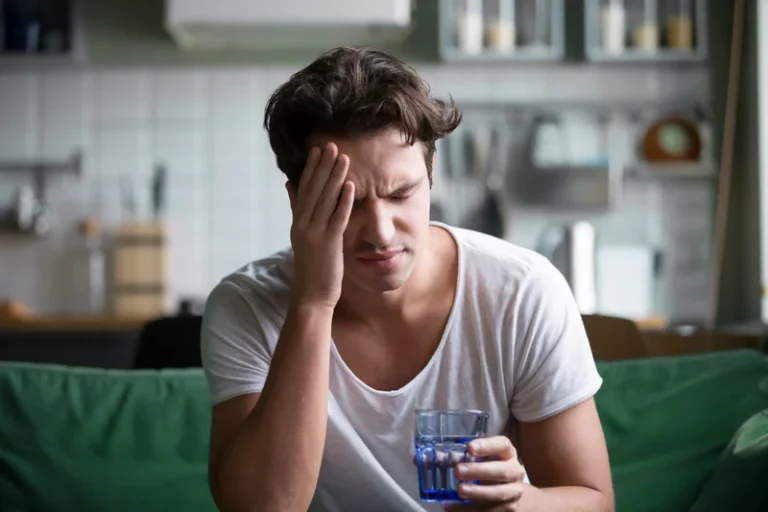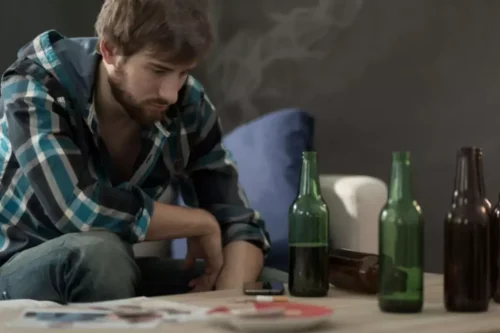
You might think that this is the opposite of what you want to do to improve your self-esteem. Still, by focusing your attention on other people, you create an aura of likeability that they gravitate towards, making them choose you over others. And when you are singled out as a good person who’s terrific to be with, your self-esteem grows. While you do not want your partner to be your sponsor or the overseer of your program, it is important to include them in healthy ways. Whether you have attended Alcoholics Anonymous or Al-Anon or participated in a group therapy session, share how it impacted you. Share how it elicited compassion for the struggles of your partner, or how it made you think differently about something in your own recovery.
Communication and Trust Building

A person who is addicted to substances will often do anything to get their drug of choice. Lying and manipulation are a few tools that addicts employ to achieve this goal. relationships in recovery Unfortunately, these behaviors put a strain on relationships and destroy trust. I return to our idea about alcohol and drug addiction as being a disease of isolation.

Challenges Couples Face in Recovery
- Instead of criticizing or questioning your partner’s efforts, share your fears and your need for reassurance.
- They can also hold us accountable in a compassionate way when we make mistakes or fall into old habits.
- Being open could even help create strong friendships that last a lifetime.
These settings can provide a safe and supportive environment for making new friends who are committed to a sober lifestyle. Support groups such as Alcoholics Anonymous (AA) or Narcotics Anonymous (NA) can be invaluable for meeting others and making relationships in early recovery. These groups offer a judgment-free zone where you can share your experiences and learn from others. The camaraderie and understanding within these groups can lead to lasting friendships grounded in mutual support and shared experiences. Whether you are navigating the waters of addiction treatment yourself or are a concerned loved one, understanding how to mend, make, and maintain relationships during this time is crucial. Rebuilding relationships during recovery can be a complex and uncertain journey.
- If unhealthy relationships are causing you distress and to abuse harmful substances, contact a treatment provider today to discover your rehab options.
- Understand that maintaining relationships is a process that requires patience and forgiveness, both for yourself and for others.
- So how do we disrupt this growing sense of loneliness, especially for those on the path to recovery from addiction?
- Often, these children may also experience abuse and neglect, leading to negative physical, intellectual, social, and emotional outcomes.
- They enrich our lives and help us to navigate the darkness when we lose our way.
Signs of Toxic Relationships
You can think and study all you want, but nothing happens until you take action. We have covered relationships with ourselves, our family, and spirituality. Now it is time to tackle pretty much all else that is left, and by that, I mean our relationships in society and with our community. Nobody’s perfect, regardless of what you’ve heard or what popular media wants you to believe. Accepting that you will make mistakes and that it’s all right, you learn to recognize that it is a necessary process you need to go through for you to improve yourself.

It is built upon a foundation of trust, respect, caring, and kindness. And, a healthy relationship with the God of your own understanding will help you achieve the best and highest version of yourself. https://ecosoberhouse.com/ Experiencing inner peace, feeling connected to a higher consciousness, faith, hope, and trust – these are just a few of the many benefits of having a healthy relationship with a Higher Power.
- While you do not want your partner to be your sponsor or the overseer of your program, it is important to include them in healthy ways.
- Being open is also an essential part of making sure you don’t relapse.
- Although the road to recovery can be long for everyone involved, it’s possible to make amends with those you might’ve hurt or lost in the past due to SUD.
- Even though you may never fully understand what your partner’s life was like when they were drinking or using, it matters that you make the effort to understand to the best of your ability.
- It is not uncommon for women to leave rehab with a smaller support system than they had before they started abusing their substance of choice.
- It’s true your partner cannot be your sponsor or CEO of your recovery.


